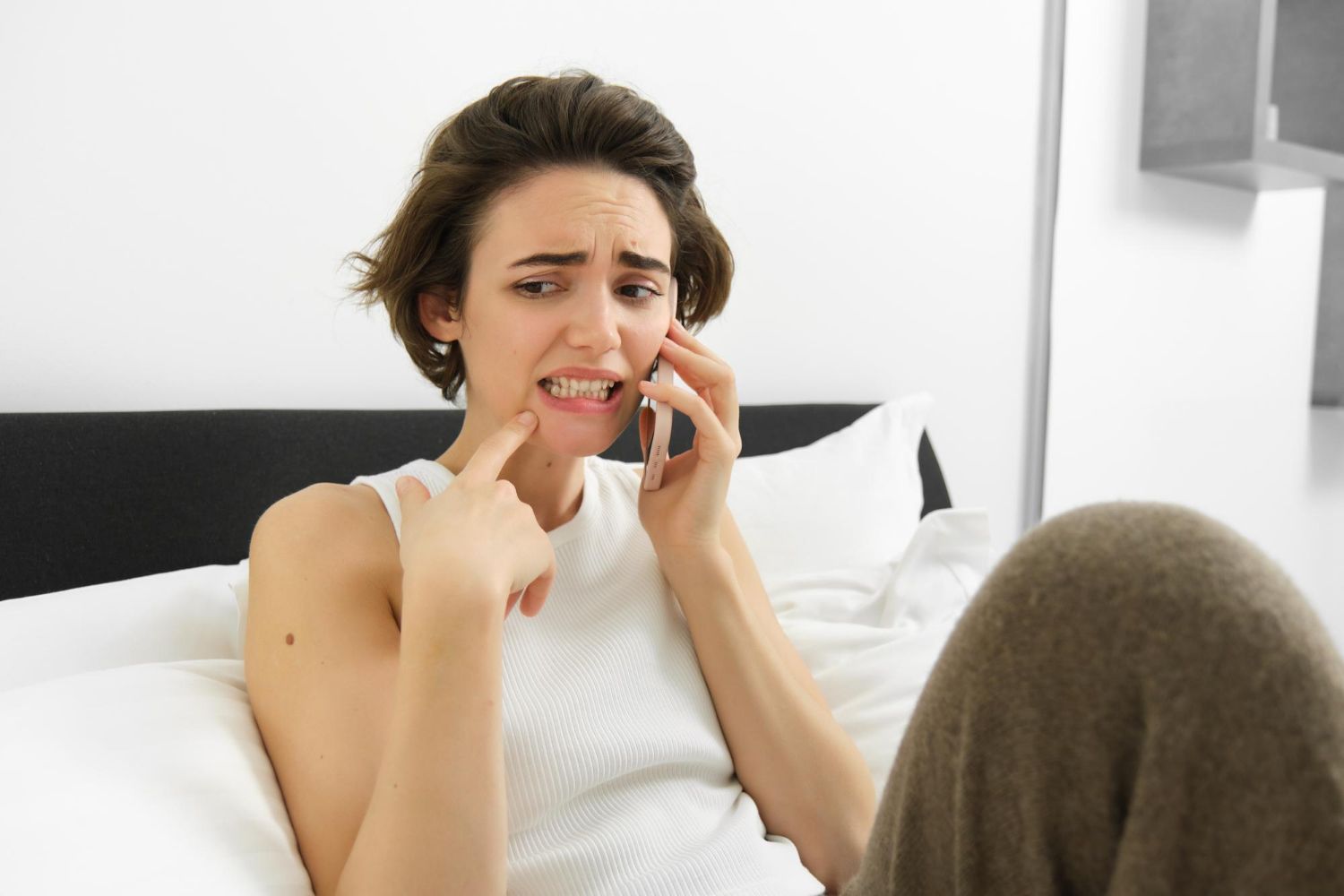Effective Solutions for Teeth Grinding: A Guide

Teeth grinding, or bruxism, is a common issue that can sneak into your nights and leave you with unpleasant symptoms during the day. Many people aren't even aware they're doing it until they experience headaches, ear pain, or a sore jaw. Left unchecked, this habit can wear down your enamel, leading to bigger dental problems.
Understanding Teeth Grinding: Causes and Consequences
Teeth grinding, also known as bruxism, occurs when you clench or grind your teeth, often while sleeping. Many people don't realize they're doing it, but it can lead to significant dental issues if left unchecked. The causes of teeth grinding are varied. Stress and anxiety are big contributors, as they increase muscle tension during sleep. When you're stressed, you might unknowingly clench your jaw, leading to grinding.
Misaligned teeth present another cause of bruxism. When your teeth don't fit together properly, your jaw may try to correct this on its own by grinding, hoping for a more comfortable position. Sleep disorders, like obstructed airways that worsen during certain sleep phases, can also lead to increased teeth grinding.
If the grinding isn't addressed, it has physical consequences that can be troublesome. The continuous pressure on your teeth can wear down enamel, which is the hard, protective outer layer of teeth. Worn enamel increases sensitivity and the risk of cavities. In addition to that, bruxism can result in jaw pain or soreness, making it uncomfortable to chew and speak. Facial pain and headaches, especially in the morning, are also common, disrupting daily activities.
Identifying Signs You May Be Grinding Your Teeth
Recognizing the signs that you might be grinding your teeth is crucial for early intervention. Many don't notice these signs right away because they assume the symptoms are due to other issues. To help, here’s a list of common indicators that may suggest you're grinding your teeth:
- Headaches, particularly when you wake up
- Jaw pain or soreness throughout the day
- Ear pain without any apparent ear issue
- Tooth sensitivity or worn-down teeth
- Cheek damage from chewing inside your mouth
If you experience any of these symptoms, it's a good idea to consult a dental professional like Dr. Fox. A thorough examination can often reveal telltale signs of grinding, and he can recommend treatments to prevent further damage.
Dr. Fox at Pennsylvania Dental Sleep Medicine specializes in diagnosing and managing bruxism. He can provide a proper diagnosis and develop an effective treatment plan. Don’t wait for more serious problems to arise—early diagnosis and intervention can protect your smile and improve overall well-being.
Simple Lifestyle Changes to Reduce Teeth Grinding
Taking steps to address teeth grinding can often begin with practical lifestyle changes. These actions can significantly reduce the frequency and severity of grinding, making a big difference over time. Here are some useful suggestions:
1. Reduce Caffeine and Alcohol Intake: Both caffeine and alcohol can increase muscle tension and contribute to grinding. Try to limit their consumption, particularly in the evening.
2. Manage stress levels: Stress is a common cause of bruxism. Implementing stress-reduction techniques like deep breathing exercises, yoga, or meditation can help ease tension in the body.
3. Practice jaw exercises: Strengthening and relaxing jaw muscles can be beneficial. Simple exercises like gently opening and closing your mouth with resistance can aid in muscle relaxation.
4. Develop a Bedtime Routine: Establishing calming habits before bed encourages relaxation. Consider activities like reading, taking a warm bath, or listening to soothing music to help unwind.
5. Monitor Your Sleeping Position: Sleeping on your back can alleviate pressure on the jaw compared to other positions. Try placing a supportive pillow under your neck to maintain a comfortable posture.
Consistently applying these changes can help decrease the likelihood of grinding your teeth and improve overall sleep quality.
Exploring Oral Appliance Therapy with Dr. Fox
For those who continue to experience bruxism despite lifestyle changes, oral appliance therapy offers a promising solution. This therapy involves using a device, typically customized for comfort and fit, to protect the teeth and reduce grinding at night.
Dr. Fox at Pennsylvania Dental Sleep Medicine provides an effective approach by designing oral appliances tailored to the unique needs of each patient. These mouthguards act like cushions, preventing the teeth from grinding together during sleep. They also keep the jaw in a relaxed position, reducing the strain on muscles and alleviating the pressure that leads to bruxism.
With Dr. Fox's personalized care, patients can find comfort in knowing that their sleep and dental health are being prioritized. This comprehensive method not only addresses symptoms but also improves one's overall quality of life.
Conclusion
Addressing teeth grinding is essential for preserving dental health and ensuring restful sleep. By understanding the root causes and implementing simple lifestyle changes, you can take the first steps toward reducing bruxism. Early intervention can help prevent the more serious consequences of teeth grinding, such as worn enamel and chronic jaw pain. Utilizing oral appliance therapy, especially with the assistance of a knowledgeable doctor like Dr. Fox, provides an additional layer of protection and comfort.
Being proactive about your dental health not only improves your sleep but also enhances your daily well-being. By exploring these solutions, you can find relief and move forward with confidence, knowing you are taking control of your health. Remember, ongoing management and commitment to these strategies can make a substantial difference.
If you suspect you're suffering from teeth grinding or want to know more about oral appliance therapy and
dental sleep medicine, don't hesitate to reach out to Pennsylvania Dental Sleep Medicine. Dr. Fox and his team are dedicated to helping you find the best solution for restful nights and healthier mornings. Schedule a consultation today and discover how personalized care can improve your sleep and quality of life.


